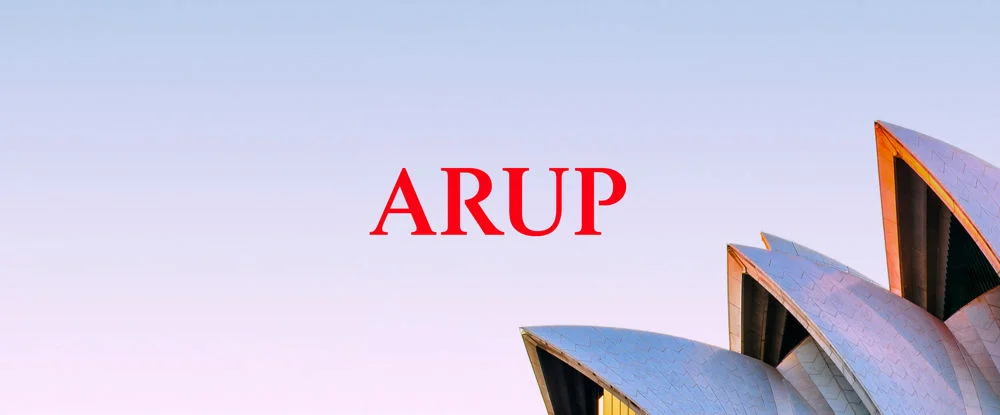To help drive Uzbekistan’s journey toward decarbonisation, international financial institution, the World Bank, has recently appointed Arup to develop a policy and regulatory framework to scale up low carbon hydrogen deployment.
Arup has mobilised a team of experts from Türkiye, the United Kingdom and Europe to spearhead work on the project.
With major renewable energy potential, Uzbekistan has an opportunity to become a major green hydrogen production hub in the Central Asia region. To help achieve this, the development of a strong and sustainable hydrogen economy is necessary with the right hydrogen legal and regulatory frameworks in place. The frameworks need to include a balanced combination of public policies, incentives, schemes, standards, and programmes.
“We are thrilled to be working on such a large-scale project that has the potential to shape Uzbekistan’s clean energy future. Through our strong local experience in energy and masterplan projects in Uzbekistan, as well as our experience working closely with the World Bank, we see this as a great opportunity to help make a positive impact on the region’s energy transition”, said Özgür Çelebi, Arup Project Manager.
Using Arup's experience in policy and regulatory advisory, hydrogen, and renewable generation technologies, the team will work through a review of the legal and regulatory framework, the development of low carbon hydrogen standards and guidance on hydrogen purchase agreements, as well as the design of a measurement, reporting and verification concept. A review of the existing draft natural gas law will also be actioned.
The project is expected to be completed in the second quarter of 2024.
Arup’s experience in Uzbekistan includes work on the Tashkent Urban Resilience Strategy, the Tashkent City Hotel and Congress Centre and the Tashkent to Andijan Road Upgrade.






